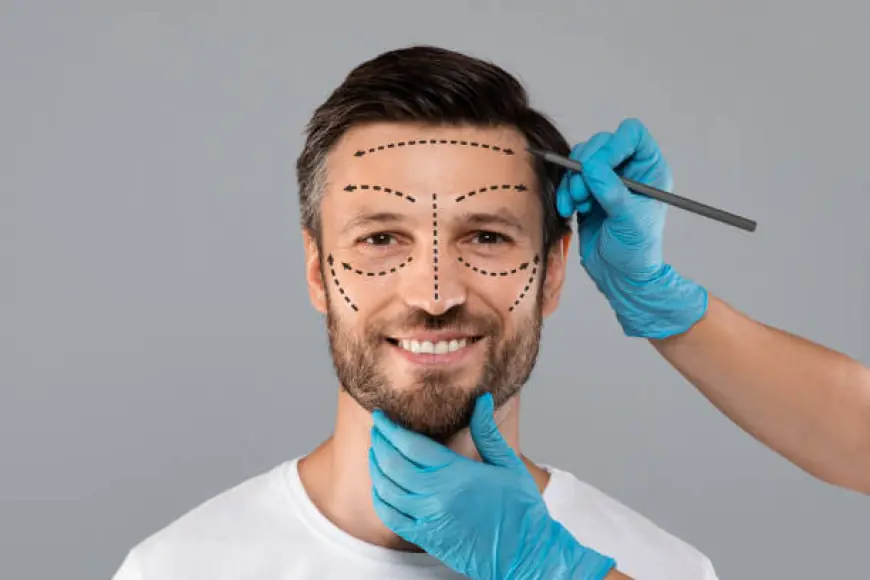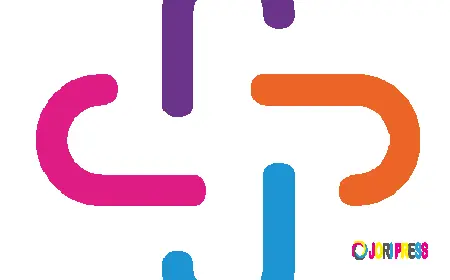Rhinoplasty, often referred to as a "nose job," is a surgical procedure designed to reshape the nose. It can address a variety of concerns, from altering nose size and shape to correcting breathing problems. The goal is to create a more harmonious facial appearance while maintaining or improving nasal function.
Who is a Candidate for Rhinoplasty?
Ideal candidates for Rhinoplasty in Riyadh are individuals who are unhappy with the appearance of their nose, have realistic expectations about the outcome, and are in good overall health. It's also important that facial growth is complete, typically in the mid to late teens.
The Rhinoplasty in Riyadh Journey
Initial Consultation and Planning
The journey begins with a comprehensive consultation. During this meeting, you'll discuss your aesthetic goals, medical history, and any functional concerns. The surgeon will examine your nose, explain the procedure in detail, and may use imaging technology to help you visualize potential results.
The Surgical Procedure
Rhinoplasty is typically performed under general anesthesia. The surgeon makes incisions, either inside the nostrils (closed rhinoplasty) or across the narrow strip of skin between the nostrils (open rhinoplasty), to access the bone and cartilage. They then reshape the nasal structures according to the agreed-upon plan.
Recovery and Results
After Rhinoplasty in Riyadh, you can expect some swelling and bruising, which will gradually subside over several weeks. A splint or cast may be worn for about a week to help maintain the new shape. While initial results are visible fairly quickly, the final outcome can take up to a year or more as swelling completely resolves.
Frequently Asked Questions
Is rhinoplasty a painful procedure?
While some discomfort is normal after rhinoplasty, it's typically manageable with prescribed pain medication. Most patients describe it as more of a feeling of pressure or stuffiness rather than severe pain.
How long does the swelling last after rhinoplasty?
Significant swelling usually subsides within a few weeks, but subtle swelling can persist for several months, sometimes up to a year or more, especially in the tip of the nose. Patience is key during the healing process.
Can rhinoplasty improve breathing problems?
Yes, rhinoplasty can often improve breathing problems, especially if they are caused by structural issues within the nose, such as a deviated septum. This is often referred to as septorhinoplasty.
What are the potential risks associated with rhinoplasty?
As with any surgical procedure, rhinoplasty carries some potential risks, including bleeding, infection, adverse reaction to anesthesia, numbness, and asymmetry. Your surgeon will discuss these in detail during your consultation.
For more information and to view before & after photos, you can visit Royal Clinic Saudia.

 Like
0
Like
0
 Dislike
0
Dislike
0
 Love
0
Love
0
 Funny
0
Funny
0
 Angry
0
Angry
0
 Sad
0
Sad
0
 Wow
0
Wow
0















































